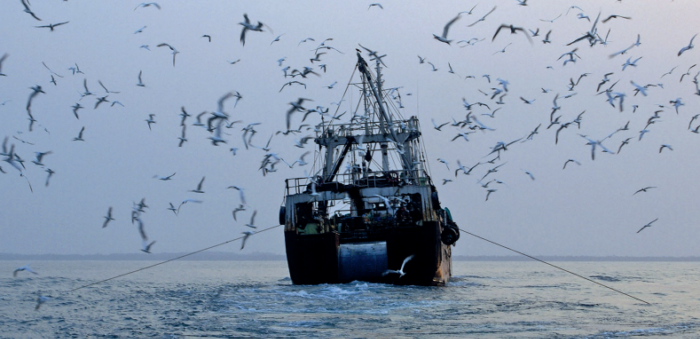Peru and Croatia have shown their support for the safety of fishing vessels and their crews by depositing their instrument of accession to the 2012 Cape Town Agreement. Overall, 16 countries have become Contracting States to the Agreement.
The Agreement, once in force, will bring in mandatory international safety requirements for fishing vessels of 24 metres in length and over, including provisions addressing stability and associated seaworthiness, machinery and electrical installations, life-saving appliances, communications equipment and fire protection, as well as fishing vessel construction.
For the 2012 Cape Town Agreement to enter into force, at least 22 States, with an aggregate 3,600 fishing vessels meeting the length requirements operating on the high seas, must express their consent to be bound by it.
It will enter into force 12 months after these conditions have been met. The Agreement will be a useful tool in combatting illegal, un-reported and unregulated (IUU) fishing and forced labour, as well as reducing pollution from fishing vessels, including marine debris.
There are, at present, 16 Contracting States to the Agreement with an aggregate number of 1433 qualifying fishing vessels. These are: Belgium, Congo, Cook Islands, Croatia, Denmark, Finland, France, Germany, Iceland, The Netherlands, Norway, Peru, Saint Kitts and Nevis, Sao Tome and Principe, South Africa and Spain.
As for Peru, it boasts a large fishing fleet and accounted for about 8% of the world catch in marine waters according to the Food and Agriculture Organization (FAO). Peru is also a signatory to the FAO’s 2009 Agreement on Port State Measures to Prevent, Deter and Eliminate Illegal, Unreported and Unregulated Fishing.






























































